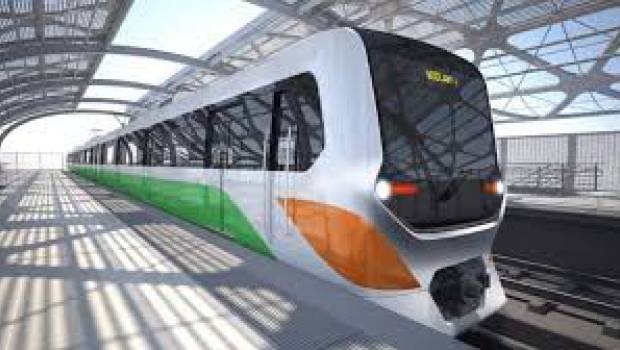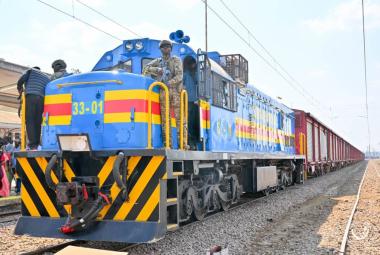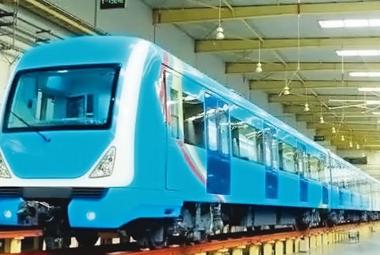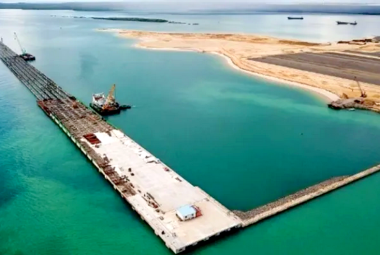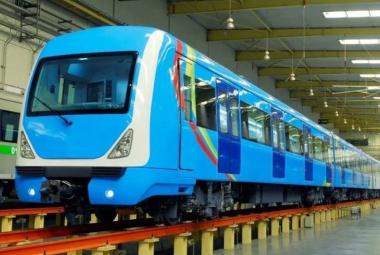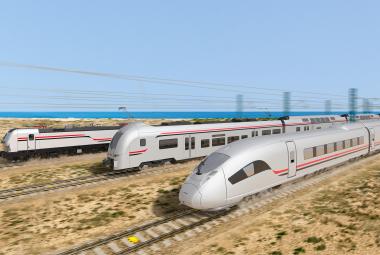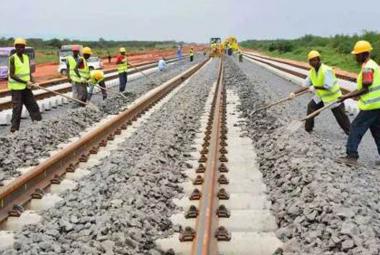The Abidjan metro project in Côte d'Ivoire, due to its importance both in the decongestion of the Ivorian capital and the related benefits, raises many hopes among many Ivorians. Starting with job opportunities.
250 million euros (approximately $247 million) is the amount of the loan that France has granted to Côte d'Ivoire to finance the construction of the Abidjan metro project. The signing of the financial loan agreement took place on October 28 in Abidjan between the Ivorian Minister of Economy and Finance, Adama Coulibaly, and the French Minister Delegate for Foreign Trade, Olivier Becht. On this occasion, the latter declared: "This is a major project for the district of Abidjan which will make it possible to relieve the city of its traffic jams, while also facilitating the transport of the inhabitants in new equipment". As for his Ivorian counterpart, he underlined the commitment of the government in particular to carry out this enterprise, in particular through the release of rights of way. And, he then continued: “It’s a metro that goes from Anyama to Port-Bouët. There is a northern part and a southern part. The northern part concerns Anyama-Plateau and the southern part Plateau-Port-Bouët. We have released all the rights-of-way at 95% on the northern part, and on the southern part, the release of the rights-of-way is done at 85%”.
The Abidjan metro project, according to the government, is scheduled to be put into service to ensure the route which extends over 37.4 km. It includes two tracks, 18 stations, 21 rail bridges and roads and a viaduct bridge over the Ebrié lagoon. Ultimately, it should be able to transport 540,000 passengers per day and generate some 2,000 jobs.
This project of President Alassane Ouattara is one of those intended to transform the Ivorian megalopolis. But beyond the practical aspect of improving transport conditions, many Ivorians expect to see its impact on the socio-economic development of the town halls crossed by the project. This made Jeanne Peuhmond, deputy mayor of Abobo, say: "The next metro will first of all bring us development, because it will create job”. Farikou Soumahoro, the mayor of Adjame for his part, including sees an opportunity to transform his municipality: “This will also allow us to modernize and transform our municipality, in terms of housing and commercial structures”. For others, the fact that it will cost more than 1000 billion FCFA to the Ivorian State remains a downside. Nevertheless, everyone recognizes the importance of such an infrastructure for the Ivorian capital, which is becoming more and more economically important both regionally and continentally.
By Jean Kebayo



